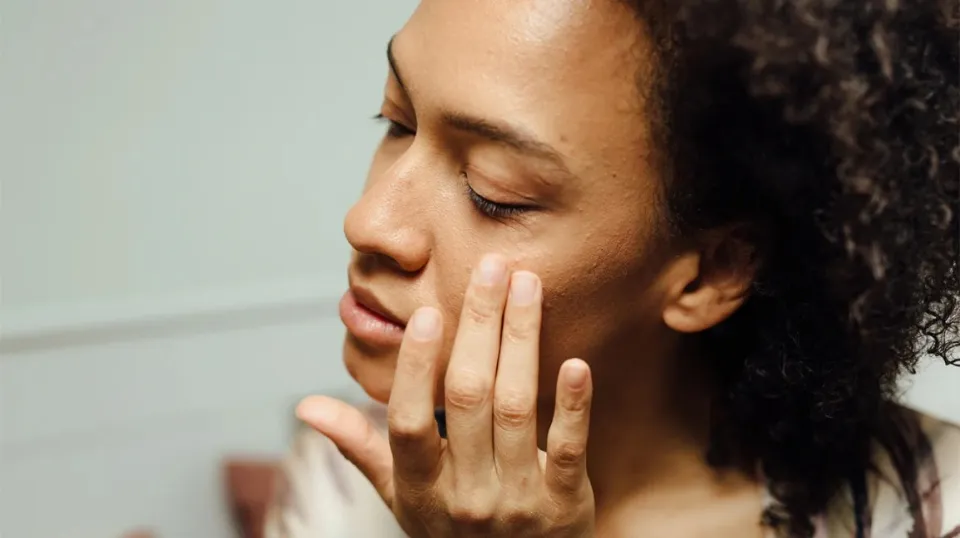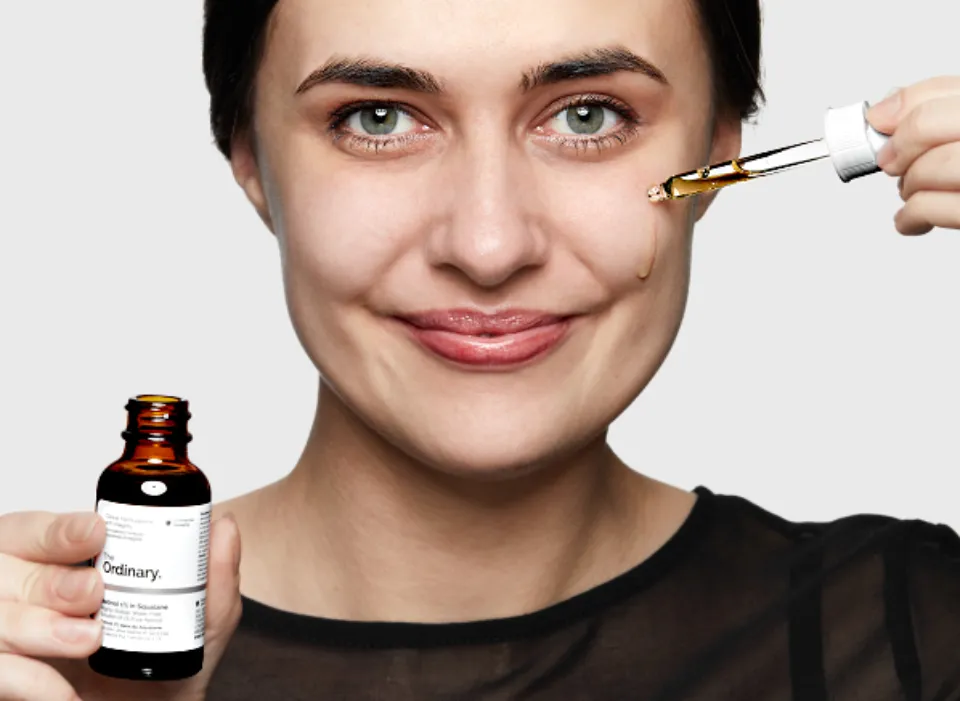What is Retinol? Retinol, a form of vitamin A, is an ingredient added to skin creams, lotions and serums.
Retinol-containing products are widely available over-the-counter, and prescriptions are available for retinoids with higher concentrations.
Here is everything you need to know about Retinol.
What is Retinol?
Retinol is a form of vitamin A with many uses in skin care. Along with having anti-aging properties, it is used to treat acne.
Without a prescription, you can purchase retinol over-the-counter. You can also consult a doctor to learn how retinol might work best in your skincare regimen.
Higher retinoid concentrations than those found in over-the-counter medications may be recommended by your doctor.
Retinol is a topical medication, which means you apply it directly to the skin. Retinol comes in many forms, including:
- Creams
- Gels.
- Lotions.
- Ointments.
- Serums.
Cosmetic products occasionally contain retinol as an ingredient.
What Are the Different Types of Retinol Products?
Medications that you put on your skin are called “topical.”
There are many topical retinoid products available, including:
- Adapalene (brand names: Differin and Epiduo).
- Panretin® (alitretinoin).
- Bexarotene (tradename: Targretin).
- Tazarotene (Tazorac®, Avage®)
- Tretinoin, also known as Atralin, Avita, Refissa, Renova, Retin-A, and Tretin-X.
Is Retinol Good for Your Skin?

Retinol is a powerful tool against aging skin and acne, but it’s not for everyone.
Try skincare products with alternative anti-aging or skin-clearing ingredients if you have sensitive skin or are prone to allergies.
Importantly, retinol increases your skin’s sensitivity to sunlight, so use sunscreen and stay out of the sun as much as you can while using retinol products.
Related Post: Does Retinol Dry Your Skin?
How Do You Use Retinol?
Before you use a retinol product for the first time, try a little bit on a small area of skin (a patch test) to see if you have any negative reactions.
You can add retinol to your nighttime skincare routine if your skin patch isn’t overly red or itchy after a few days.
Follow the directions on the bottle or the application advice from your healthcare provider to use retinol. In general, here are the steps you take:
- Utilize a mild cleanser to wash your skin, then pat it dry. When using retinol products, avoid exfoliating your skin.
- Apply retinol evenly across your entire face, taking care to avoid the mouth, nose, and eyes. A dose that is roughly the size of a pea should be used. Apply retinol only every other day during the first few weeks of treatment.
- Use a non-comedogenic facial moisturizer to seal in your work.
Retinol Risks and Side Effects
As cell turnover increases after you start using retinol, you might experience some irritation. This includes:
- dryness
- redness
- itchiness
With stronger retinoids, these effects typically get worse. However, you can definitely experience them when using retinol, particularly if you use multiple retinoids-containing products at once, which experts advise against.
Usually, these side effects go away after a few weeks of use. You should stop using the product and consult your doctor if you don’t experience any improvement.
How Long Does It Take Retinol to Work?
Retinol starts to work in your cells right away, but it will take several weeks before you see an improvement in the look and feel of your skin.
In fact, as you get used to the new routine, your skin condition might initially appear worse.
Conclusion: What is Retinol
Retinol is a type of retinoid, a derivative of vitamin A. This less potent retinoid can be purchased over the counter in a variety of forms.
Retinol can improve skin texture and tone and can also help combat conditions such as acne. By promoting collagen synthesis and cell renewal, retinol also slows down the signs of aging.
The skin may become dry, itchy, or flushed as a result of retinol use.
Retinol can be used once daily. One should use sunscreen after using retinol because it can make the skin more sensitive to the sun.
FAQs
Does Retinol Fade Dark Spots?
Retinol and vitamin C are two of the best ingredients for fading dark spots.
How Do I Know If Retinol is Working?
Within the first few weeks of consistent use, the majority of users notice a visible improvement in their skin’s tone, smoothness, and breakouts.
How Long Do You Leave Retinol on Your Face?
Retinol should be used prior to moisturizer. Once you’ve applied retinol, wait about 30 minutes for it to fully absorb into your skin.




